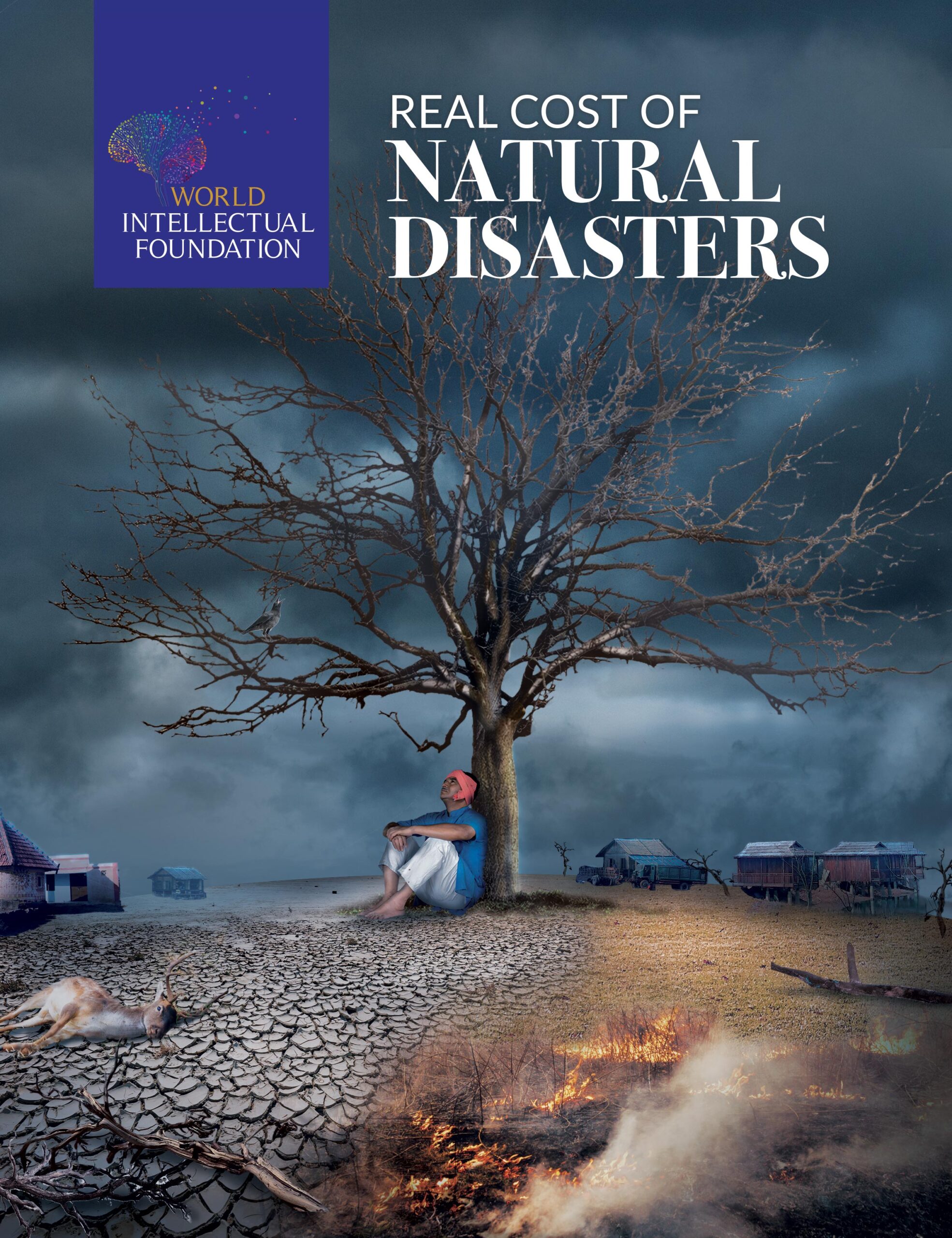Automation has been adopted across various sectors, and it has led to an increase in productivity and efficiency. However, it has also resulted in the loss of jobs, primarily which are routine and low in value.
For larger economies, the issue will be productivity and profitability, thus industries will undoubtedly adopt technology and automation, implying that productivity and profit will increase, but at the expense of humans. So, this raises an important question: what is the net gain or net loss of jobs due to automation?
This study examines industries, professions, and countries from the standpoint of technological adoption in relation to automation, as well as the net impact on jobs, and makes recommendations on why sustainable automation as SDG 18 should be adopted.
Under the current model of consumption ‘take-make-dispose’, energy, labor, and natural inputs are all termed as waste right after consumption of the product. The resources are finitely available and our demands are increasing exponentially. To conserve the natural resources, we need to vertically retain their value in the supply chain via innovations in technological, social, and business operations – A Circular Economy Model.
A circular economy is a model of regenerative production which aims to prove that economic growth doesn’t necessarily lead to environmental degradation if the resources are managed strategically. It proposes a model of ‘Minimal waste’ by keeping the material input in the circular loop either by reusing, then refurbishing or recycling until the final value is degraded to zero. Even with the zero value, the material could be shredded and used as a raw material. This way, a product enters a circular process, and thus, pressure on natural resources is reduced.
Based on the geo-climatic and socio-economic conditions, a few states in India are more vulnerable to specific natural disasters than others. Frequent natural disasters have resulted in human casualties and the loss of physical capital.
Moreover, natural disasters adversely affect different sectors of the economy and livelihoods of millions of poor people in developing nations. During the Covid-19 pandemic, natural disasters also increased the government’s fiscal pressure through rehabilitation and relief distribution measures.


